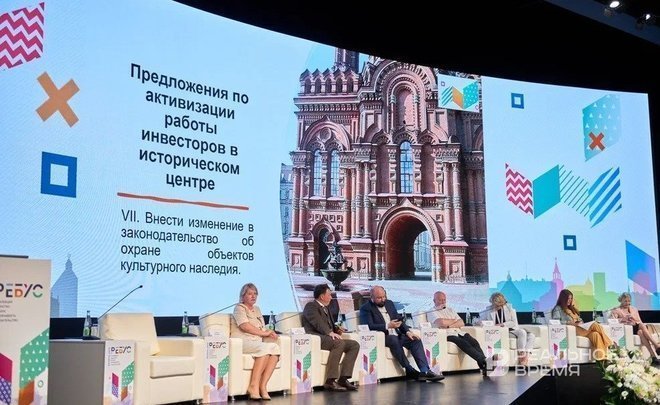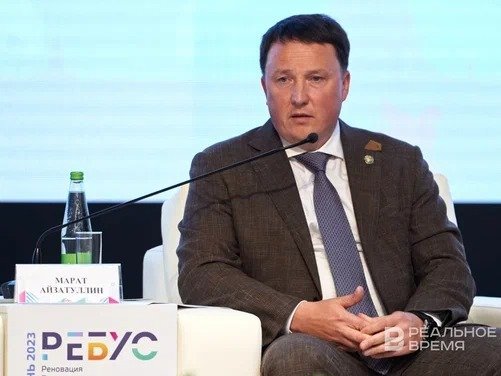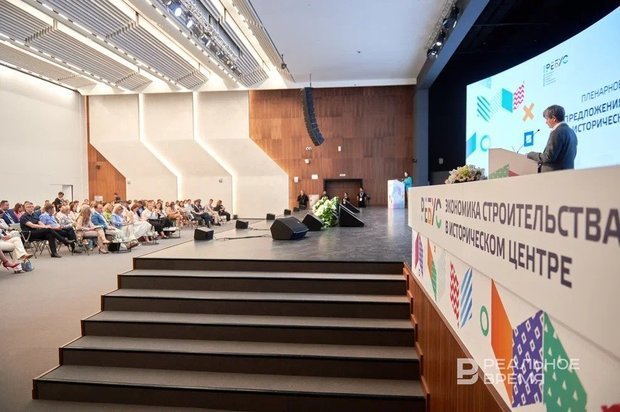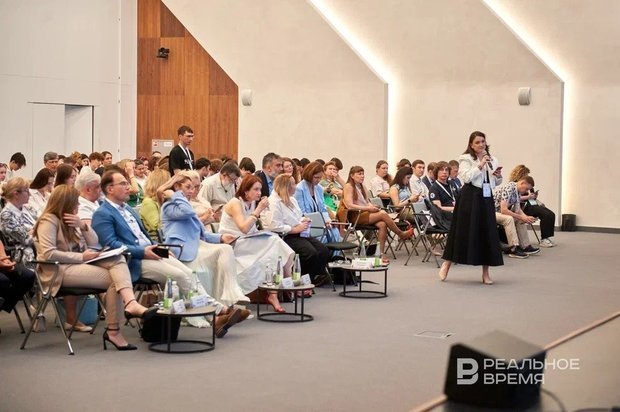‘We see what monuments undemanded by the population are turning into’
Participants of the REBUS. Economics of Construction in the Historical Centre forum agreed on the liberalisation of legislation on cultural heritage sites

“Those objects that are sold for 1 ruble mean one thing — the mayor persuaded a strong developer to take on this monument, otherwise it will crumble," Irina Bodrova, the executive director of the Russian Guild Of Managers And Developers, criticised the current ban on the privatisation of cultural heritage objects in the country (introduced in 2014 with the amendment of Federal Law No. 73). On the final day of the international forum REBUS. Economics of Construction in the Historical Centre, the representatives of federal authorities, developers, and experts adopted a final resolution envisaging the liberalisation of federal legislation in the field of cultural heritage sites. Proposals will be submitted to the Commission of the State Council of the Russian Federation in the direction of Construction, Utilities, and Urban Environment.
Following the path of the theory of small deeds
The final resolution with proposals to involve cultural heritage objects took 6 pages, said Minister of Construction, Architecture, and Housing of the Republic of Tatarstan Marat Ayzatullin. The proposals were developed by the participants of three working groups, based on the best practices of preserving historical heritage in Kazan, Nizhny Novgorod, and Vologda.
The final version in the field of legal regulation was presented by Alexey Mikhailov, the deputy head of the Committee for State Control, Use, and Protection of Historical and Cultural Monuments of St. Petersburg. The essence boils down to softening the cultural heritage site protection regime by amending the federal law On Cultural Heritage Objects.
To this end, 6 main proposals have been prepared, which involve adjusting the order of the subject of protection of borders of historical settlements, adopting the UNESCO assessment methodology when assessing the historical value of architectural and historical monuments.

“First, we agreed on the revolution of Federal Law No. 73-FZ “On objects of cultural heritage (historical and cultural monuments) of the peoples of the Russian Federation”, but decided not to do so. We decided to follow the path of the theory of small deeds," Mikhailov explained.
“Should the historical centre have preferences, like PSEDA?"
Among the innovations — the certification of all historical objects, the expansion of the functionality of their use. Besides, there are ideas to introduce a register of architects who can get the right to carry out work on the restoration of cultural heritage sites.
The introduction of tax benefits and preferences for investors of cultural heritage objects is not supported by the Accounting Chamber. The auditor of the Accounts Chamber, Natalia Trunova, believes that the benefits should bring economic returns, but here it will be difficult to assess it.
“We still do not have a common understanding of efficiency. Are we for preservation or for efficiency?" she turned to the audience.
According to her, the introduction of a preferential tax regime similar to PSEDA in historical territories is not entirely clear: “Should the historical centre have the same preferences as PSEDA? But then it is necessary to distinguish its effectiveness. We want to squeeze all the efficiency, or we still approach with the understanding that this is a project for 20-25 years," she noted.

“There are fictional architectural monuments”
State Duma Deputy Vladimir Koshelev (founder of Koshelev development corporation in Samara), on the contrary, is sure that it is necessary to look for financial conditions to involve “all monuments in the economy of the city”:
“We see what monuments undemanded by the population are turning into. This is turning into dead zones, which damages the city. It's sad to see," he said.
At the same time, he warmly supported the idea of a complete revision of cultural heritage sites. In his opinion, there are imaginary monuments among them that do not represent historical value. At the same time, according to him, this work needs to be carried out carefully:
“There is another problem — the devaluation of monuments. Now we need to conduct an audit of all architectural monuments. There are fictional architectural monuments that are not related to real valuable monuments. This is a serious problem, because there are parasites that devalue the concept of historical heritage and prevent the restoration of cultural heritage sites.”
